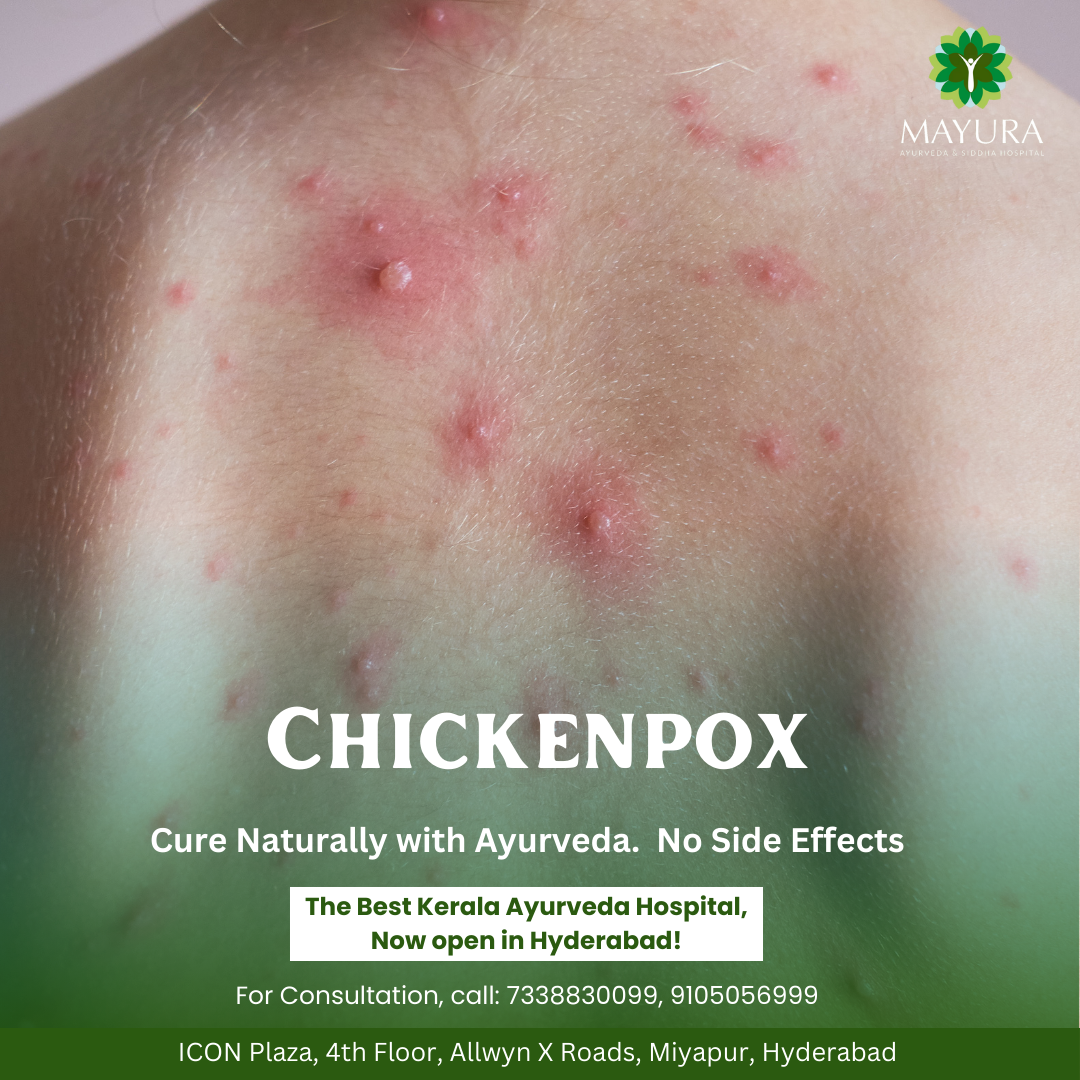Chickenpox, a highly contagious viral infection, primarily affects children but can also occur in adults. Recognized by its itchy, blister-like rash and flu-like symptoms, chickenpox can lead to complications, especially in adults and those with weakened immune systems. This blog delves into the causes, symptoms, treatment options, and prevention strategies for chickenpox. Whether you’re seeking information on how to care for a loved one with chickenpox or looking to understand how to prevent it, this comprehensive guide covers everything you need to know about this common illness.
Chickenpox, also known as varicella, is a highly contagious disease caused by the varicella-zoster virus. While it is often considered a childhood illness, chickenpox can affect individuals of all ages. Understanding its symptoms, treatment, and prevention can help manage and mitigate its impact.
What is Chickenpox?
Chickenpox is an infectious disease characterized by a red, itchy rash that turns into fluid-filled blisters. These blisters eventually scab over and heal. Chickenpox is highly contagious to those who have not been vaccinated or previously infected.
Causes and Transmission
Chickenpox is caused by the varicella-zoster virus (VZV). It spreads easily from person to person through direct contact with the rash or through respiratory droplets when an infected person coughs or sneezes. It can also be transmitted by touching objects contaminated with the virus.
Symptoms of Chickenpox
1. Early Symptoms: Before the rash appears, chickenpox often begins with mild flu-like symptoms such as fever, fatigue, loss of appetite, and headache.
2. Rash Development: A red, itchy rash usually starts on the face, chest, and back before spreading to the rest of the body. The rash progresses to fluid-filled blisters that eventually burst and form scabs.
3. Itching and Discomfort: The rash is typically very itchy, which can lead to discomfort and difficulty sleeping.
4. Other Symptoms: Some individuals may experience additional symptoms like sore throat, stomach ache, or a feeling of general malaise.
Treatment Options
1. Symptom Relief: Over-the-counter medications like acetaminophen can help reduce fever and pain. It’s important to avoid aspirin in children due to the risk of Reye’s syndrome.
2. Itch Management: Calamine lotion, antihistamines, and oatmeal baths can help alleviate itching.
3. Antiviral Medication: For severe cases or for individuals at higher risk of complications, doctors may prescribe antiviral medications like acyclovir.
4. Hydration and Rest: Staying hydrated and getting plenty of rest are essential for recovery.
Complications
While chickenpox is usually mild in children, it can lead to serious complications, especially in adults, pregnant women, newborns, and individuals with weakened immune systems. Potential complications include bacterial infections of the skin, pneumonia, encephalitis, and shingles later in life.
Prevention
1. Vaccination: The varicella vaccine is the most effective way to prevent chickenpox. It is recommended for children, adolescents, and adults who have never had chickenpox or been vaccinated.
2. Avoiding Exposure: People with chickenpox should stay isolated from others, especially those at higher risk of severe disease, until all their blisters have crusted over.
3. Good Hygiene Practices: Regular hand washing and avoiding sharing personal items can help reduce the spread of the virus.
Conclusion
Chickenpox, while often mild, can lead to significant discomfort and potential complications. Understanding its symptoms, treatment options, and prevention strategies is crucial for managing this common illness. Vaccination remains the best defense against chickenpox, protecting individuals and communities from outbreaks. If you suspect you or your child has chickenpox, consult a healthcare provider for appropriate care and guidance.
















